Ivory Coast
A tiny goal, no goalkeeper and a field the size of a handball court: in Côte d'Ivoire, some dream of seeing the popular maracana, a kind of six-a-side soccer born on campuses some 50 years ago, become an Olympic sport.
On an empty field on the banks of Abidjan's Ebrié Lagoon, youngsters dribble in the sand, two tires serving as an improvised goal.
The small size of the field and the goal forces the players to combine technique and precision, making maracana, named after the famous stadium in Rio de Janeiro, an ideal training ground for eleven-a-side soccer.
For the youngest members of the Xenox de Treichville club, a "traditional" amateur soccer team in this neighborhood of Abidjan, maracana training is a must every week.
"When you want to teach a child to play soccer, the basis for me is the maracana," says Adama Ira, who coaches a youth team at Xenox.
"The kids work more on conservation and pressing techniques. When the child is used to bear this pressure, the big field has no secret for him," adds club president Seydou Badjan Traoré.
While it is impossible to date the invention of maracana with precision, experts of this popular sport believe that the rules were born in the 1970s on the campuses of Côte d'Ivoire.
At the time, students had difficulty gathering enough classmates and having suitable fields to play soccer.
"A discipline apart"
From this constraint were born singular rules: "Maracana is played six against six, without a goalkeeper and on a field with dimensions similar to those of handball" summarizes Charlemagne Bleu, president of the International Federation of this sport.
In the stands of the multipurpose hall of the Treichville Sports Park, the president proudly observes his national team training.
At the end of September in Cameroon, Côte d'Ivoire won for the eighth time - in nine editions - the Mara'CAN, the African Cup of Nations of maracana.
For Charlemagne Bleu, who works for greater recognition of the discipline, the stakes are high.
"Maracana is not soccer, it is a discipline apart. Our goal is to make it an Olympic discipline," he said.
According to him, 72 countries on four continents have a federation of this discipline.
Another particularity: it is a discipline that gives pride of place to old hands.
At the Mara'CAN, Africa's flagship competition, players must be between 35 and 45 years old, an age often synonymous with retirement in soccer.
"The young people (15-34 years old) have their national maracana championship, but generally they remain more attracted to soccer. The seniors are more numerous because they can't play soccer anymore so they turn to maracana," explains Charlemagne Bleu.
Some high-level footballers, such as Issouf Koné, 40 years old, are extending their careers.
"Like many of my teammates I played professional soccer at a high level, so the conversion was not too difficult. We plunged back into the maracana so as not to lose the thread of sport and especially soccer" explains the one who played his fourth Mara'CAN with the Ivorian national team.
"Today to be a professional in soccer, it has become so difficult that I think that maracana is a platform that could help many young people" he adds.




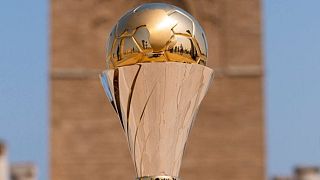
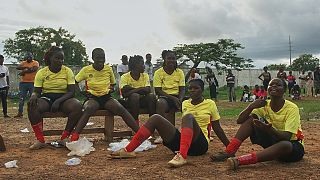
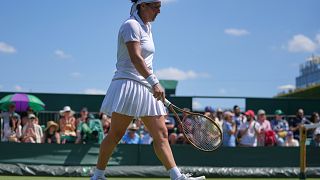
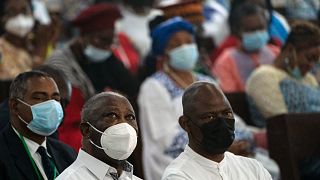
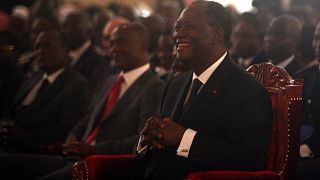
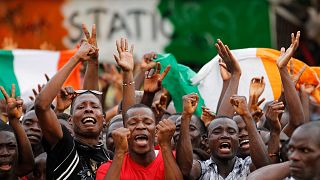



01:00
Pix of the Day: July 15, 2025
01:44
Brazil coach Ancelotti sentenced to one year in prison for tax fraud
Go to video
First Malaria treatment for babies approved
01:08
Spanish police reveal Jota was driving above speed limit when he crashed
02:21
Ivorian diaspora in Paris demands free and inclusive elections ahead of October vote
00:58
Ex-Arsenal mid-fielder Thomas Partey charged with five counts of rape